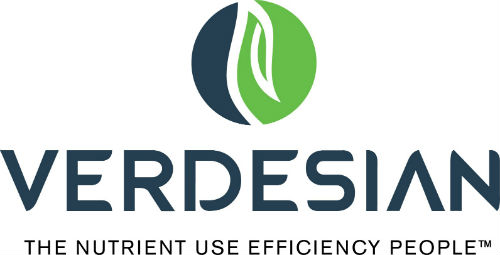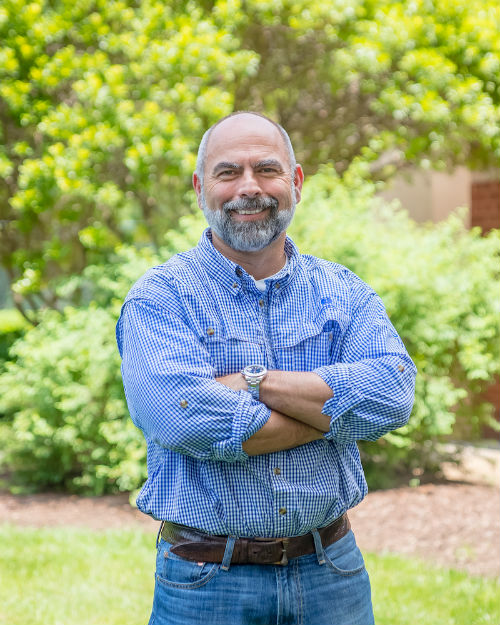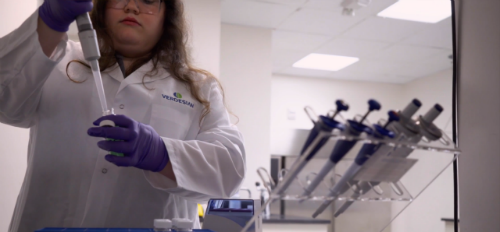
Verdesian: Demand More from Plants and Less from the Planet

“It’s time to demand more from our plants and less from our planet.”
That’s the philosophy of Cary-based agricultural technology company Verdesian Life Sciences, whose global workforce of 225 works to advance the company’s goal “to enable a sustainable future for farmers through nutrient use efficiency.”
Verdesian was formed in 2012 through the acquisition of six companies by Paine Schwartz Partners, a private equity firm specializing in sustainable food chain investing and agribusiness based in San Mateo, California and New York City.
“We need to do more with less -- less water, less land, better soil quality, and fewer insecticides,” said Verdesian CEO Kenneth Avery during an interview with NCBiotech. “We have to get more out of land.”

-- Verdesian photos
To that end, Verdesian focuses on plant nutrient use efficiency. “Lots of nutrients applied are never taken up by plants,” Avery said. From a business standpoint, “that’s a great and expanding space -- and to a large extent a white space. If you want to sell corn seed, you have to unsell someone else. Our business is not like that.”
Avery said the company decided to locate in Cary because of the Research Triangle area’s talented workforce availability. “Every major seed and chemical and agriculture company is here or close. The Biotech Center, the land grant university (North Carolina State) and lots of research in this space were the genesis of locating here.”
The company has more than 300 patents and conducts field tests of its products. Farmers are not an easy sell, “especially when farming income is down to the lowest levels in 20 years,” said Avery. “Farmers don’t have any extra income. When farmers have more money, they’re more willing to invest. But we’ve seen growth over the last two years in a difficult economy. We have to educate and train farmers.
Its biggest markets are in the Midwest, which has the largest amount of farmland in the U.S. It also sells in Canada and Mexico, and just announced expansion into Argentina and Brazil where it recently made new hires.
Verdesian also recently leased greenhouses from Duke University to expand its research and development program. It uses the greenhouses to do early phase research on concepts. “It is a lot easier and more cost effective to come up with new products and test them on a small scale. Once we feel good about a couple of rounds of testing in the greenhouses, we take it out to the field.” The research is centered on soil and water quality aimed at developing the company’s early phase pipeline.

Across its suite of products, all are focused on nutrient use efficiency such as nitrogen and phosphorous stabilizers. “We don’t sell fertilizers,” Avery noted, “but products that make fertilizer more efficient and effective for the farmer.”
Which products a farmer may need varies by the type of land and soil quality. “If a farmer owns 100 acres, it’s unlikely they’re all going to be similar,” said Avery. “And different crops use nutrition differently. On the coast, the soil may be sandy, others, clay based. It all has to do with how a plant is going to respond and what the most limiting factor is for that growing season.”
But he loves having the company firmly planted in the Research Triangle.
“It’s an exciting place for us to be -- and for the industry as well.”
